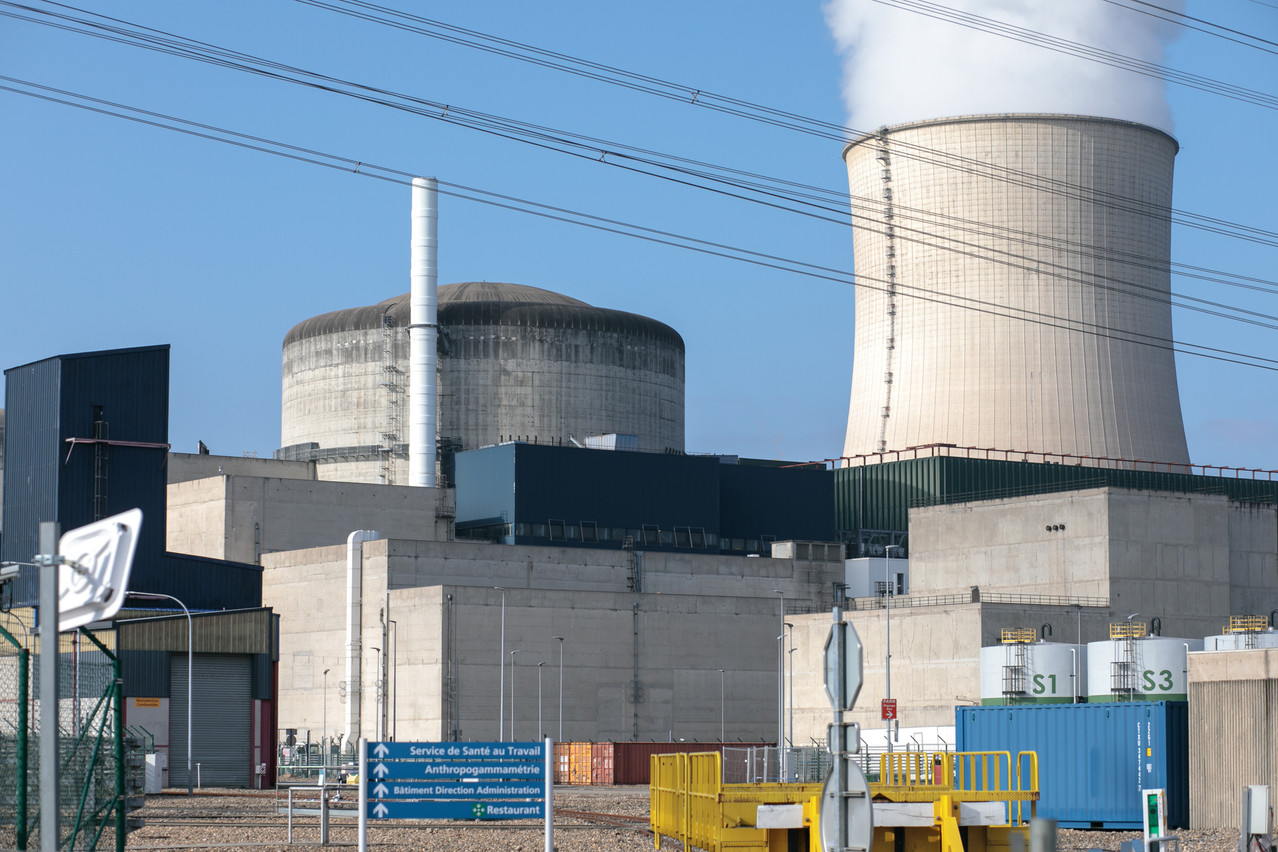The Eu’s controversial Taxonomy Complementary Climate Delegated Act, which is meant to serve as a guide for investors who wish to direct their resources towards goals aligned with the bloc’s climate goals, was published on 2 February. According to the European Commission, the taxonomy is meant to promote transparency for economic activity within EU member states.
Nuclear power plants upgrades and development greenlighted
According to a factsheet circulated by the commission, the activities considered sustainable include:
- Electricity generation from fossil gaseous fuels;
- High-efficiency co-generation of heat/cool and power from fossil gaseous fuels;
- Production of heat/cool from fossil gaseous fuels in an efficient district heating and cooling system;
- R&D and development of advanced technologies to minimise nuclear waste and secure nuclear energy production;
- New nuclear plant projects with existing technologies (until 2045);
- Upgrades to existing plants (until 2040);
As explained by the commission’s executive vice-president for an Economy that Works for People , the inclusion of these energy sources in the taxonomy is only supposed to “act as a bridge to a greener energy system”.
Luxembourg reasserts position, activists outraged
Though the commission claims it is an effort to decarbonise the EU more swiftly, the taxonomy had already irked several member states. on 7 January Luxembourg, alongside Austria, had already announced should nuclear energy be included in the commission’s final text. Its publication on Wednesday sparked a fresh wave of negative reaction among Luxembourg politicians and activists alike.
Environment minister Carole Dieschbourg (déi Gréng) reaffirmed the government’s position . MP Max Hahn (DP) repeated his opinion that nuclear and gas were not sustainable, and that “Luxembourg has to give a clear signal that it will actually enact (the legal threat)”.
Environmental NGO Greenpeace in a press release stated that the EU’s decision did not align with its sustainability goals and that it was “the biggest greenwashing exercise of all times,” as the pressure group’s finance campaign supervisor Ariadna Rodrigo put it.
“The inclusion of fossil gas, the largest source of energy emissions in Europe, in the taxonomy is irreconcilable with several EU laws,” Greenpeace continued.
In 2021, which required the union to be climate-neutral by 2050 and to reduce net greenhouse gas emissions by at least 55% by 2030.
